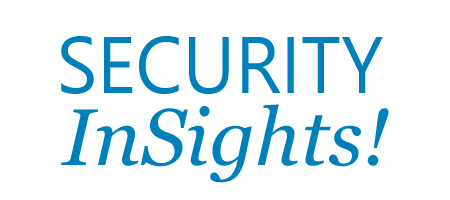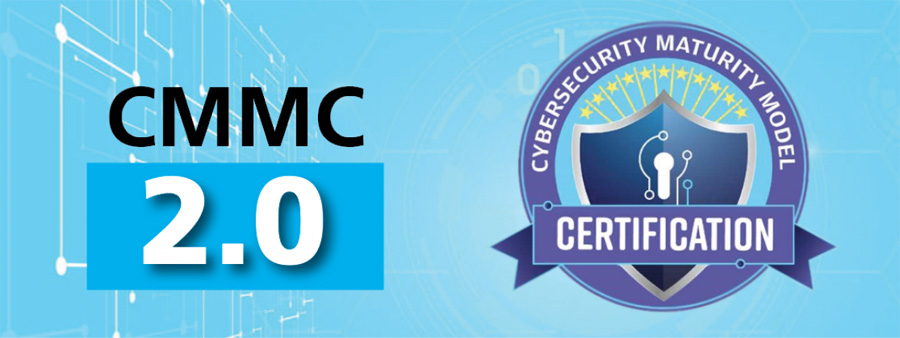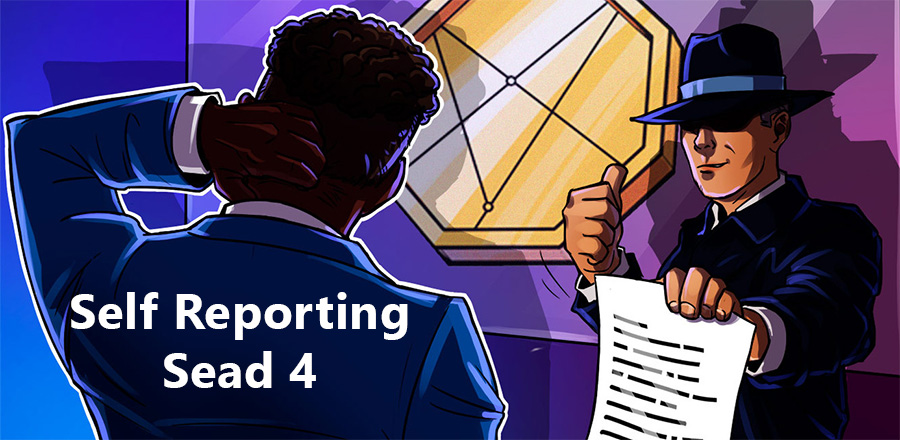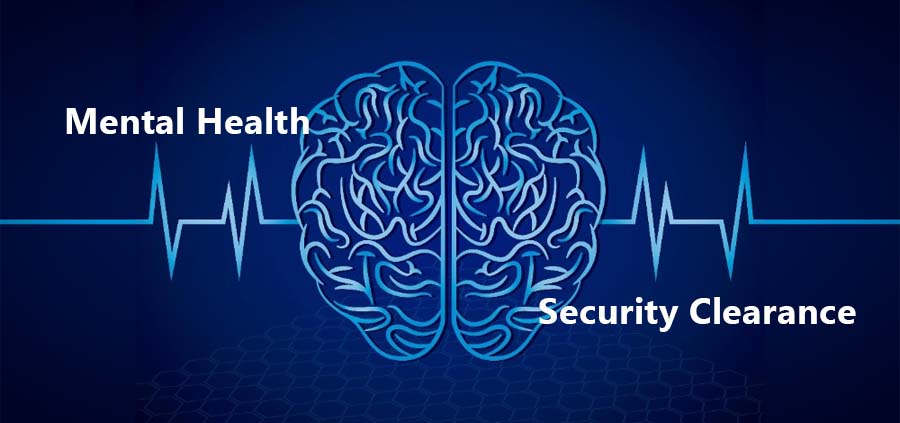



![]() Point(s) of Contact
Point(s) of Contact
Pamela Hamilton / FSO

843.327.3273
pamela@appliedsecurityknowledge.com
Richard Carmichael / ITPSO
678.221.7834
rcarmichael@laochservices.com

DoD Hotline
dodig.mil/hotline / 800.424.9098
SOURCE: MeriTalk by Lamar Johnson – April 26, 2022

After a lengthy internal review process, the Department of Defense (DoD) released its Cybersecurity Maturity Model Certification (CMMC) 2.0 requirements in November and is now in the early stages of a rulemaking process to implement the revised program.
However, what that timeline looks like has been unclear for companies who make up the Defense Industrial Base (DIB).
DoD Deputy Chief Information Officer David McKeown previously said the rulemaking process could take up to two years, but a representative of the government technology and services industry told the Senate Armed Services Committee today that DIB companies are being told the process could be completed anywhere from later this spring, to a year from now.
"We've heard various estimates that it could be as early as late this spring or as late as a year from now," David Berteau, president and CEO of the Professional Services Council (PSC) told the committee. "One of the problems or concerns that we've raised from the beginning is [that] a threat is not waiting for this implementation, and every day that threat grows."
SOURCE: ClearanceJobs by Jillian Hamilton - May 10, 2022

Clearance holders are expected to self-report any changes or incident that may impact their clearance. The government uses 13 adjudicative guidelines for determining whether or not an individual should obtain access to classified information – as well as, keep that access. Security Executive Agent Directive (SEAD) 4 is also a key tool in determining which life events or situations might require self-reporting. As always – better to self-report than be discovered by someone else.
We've offered up some situations or life events to help you think through when to self-report. Make sure the alerts in the continuous vetting system don't ping the government before you have a chance to self-report. And don't let your social media profile self-report for you. Make sure you know what needs to be reported and where to report it.
Read the Complete Article and Take the Quiz
Refer to the SEAD 4 Adjudicative Guideline Details from the SQRG
SOURCE: ClearanceJobs by Lindy Kyzer - April 25, 2022

This month the Performance Accountability Council released its Trusted Workforce 2.0 implementation strategy to the executive branches. The documentation paves the way for federal agencies to head toward the next stage of an enhanced, overhauled personnel security process, and shows that even as Continuous Vetting (CV) implementation moves forward, there is still more work to be done in improving the security clearance process.
"Trusted Workforce 2.0 reimagines what it means to establish and maintain a relationship of trust with an individual throughout their affiliation with the Government," the document states.
The policy doc provides the framework of mission, mobility and insight to improve personnel security. As reforms are implemented, the PAC is asking agencies to consider how improvements are improving the government's ability to carry out its missions, create workforce mobility, and provide data driven results. It also comes on the heels of a security clearance reform event hosted by the Intelligence and National Security Alliance where Jason Miller, chair of the PAC, noted that 2022 would be the most significant year for personnel vetting.
SOURCE: ClearanceJobs by Sean Bigley - April 17, 2022

The increasing prevalence of marijuana use and its legalization in multiple states has created a vexing question for some security clearance holders: can they marry a marijuana user when prohibited from using themselves?
Neither the National Adjudicative Guidelines for Security Clearances nor any security training of which I'm aware explicitly addresses this question. However, I've seen the issue arise occasionally in security clearance denial and revocation cases, usually with the government claiming that the applicant (the term used to describe first-time applicants and current clearance-holders alike) has demonstrated poor judgment by associating with someone engaged in criminal conduct.
Setting aside the fact that the federal government has all but abandoned enforcement efforts against recreational and medicinal marijuana use, the drug does remain on the federal controlled substances schedule. Even if the applicant isn't using him/herself, the romantic partner's use remains a security issue – especially if the parties are living (or will soon be living) together. With views on marijuana evolving, however, these days I'm hearing less of the "associating with a criminal" argument from the government and more of concerns that the applicant will succumb to temptation and participate in the drug use.
SOURCE: DCSA - Requesting Your Own Records – Obtaining a Copy of a Previously Completed SF/e-QIP

The e-APP will replace the functionality currently provided by the Electronic Questionnaire for Investigation Processing (e-QIP). We have been told it is a sterile platform and will not contain previously entered background information. You will need to refer to an archived copy of a previously completed SF86.
If you do not have a copy of your own background investigation and you have already filled out an investigative form in e-QIP prior to October 2019, it is likely that your information is available for you to review while filling out your next investigative questionnaire. Before contacting the FOI/P Office for Investigations, determine if your local human resources or security office can give you access to log back into the e-QIP system and retrieve your form. Your local security or human resources office may be the individual that sent you the email requesting you to fill out your next investigative questionnaire.
To request a copy of your own background investigation you should submit a request to the FOI/P Office for Investigations. You may use the INV100, Freedom of Information / Privacy Act Records Request for Background Investigations, form or submit a handwritten request.
The INV100 is specific to DCSA (and its predecessor the National Background Investigation Bureau). Although use of this form is not mandatory, we encourage you to utilize it when making a request. Providing all the information requested on the INV100 will help complete your request in a timely manner and ensure that it is not returned for additional information.
Alternatively, if you wish to submit a handwritten request, your request must include the following information:
Requests can be sent to the FOI/P Office for Investigations via the methods listed below:
Defense Counterintelligence and Security Agency
ATTN: FOI/P Office for Investigations
PO Box 618
Boyers, PA 16018
Note: For deliveries requiring a street address use: 1137 Branchton Road; Boyers, PA 16018
SOURCE: DCSA – May 4, 2022

Reporting mental health: security professionals understand that when individuals candidly report their conditions and seek mental health care in accordance with their practitioner's recommendations, psychological conditions are not security concerns in the vast majority of cases. That said, curiosity about how adjudicators resolve affirmative answers to Section 21 is understandable and the following offers some insight:
If security concerns remain after these inquiries, the security professional may ask for the applicant to participate in an evaluation with a psychologist or psychiatrist who will consider possible security risks associated with the condition. Keep in mind that these security evaluations are quite rare. For NISP contractors, usually fewer than 300 evaluations a year are requested, and a majority of those determine the applicant's psychological condition does not present security concerns.
Read the document Mental Health and Security Clearances
CDSE hosted a live webinar with policy experts from the Department of Defense Consolidated Adjudications Facility (DOD CAF).
This webinar discussed stigmas and concerns among security professionals/other cleared personnel that seeking behavioral health treatment could result in a loss or denial of security clearance eligibility.
View the recording that includes a downloadable CDSE Certificate of Training.
Webinar Mental Health and Your Security Clearance Eligibility
SOURCE: CDSE
SOURCE: Washington Post by Rachel Weiner – June 18, 2020

Henry Kyle Frese had dreamed of working in the intelligence field his whole life; he gave up his Canadian citizenship and a longtime girlfriend to work in Washington. He was preparing to serve in Iraq last fall. Instead, he was arrested at his desk in the Defense Intelligence Agency and on Thursday was sentenced to 2½ years in prison for leaking classified information.
"It was never for personal gain or out of anger; it was never for political reasons," Frese said at sentencing in Alexandria federal court Thursday. "At the time, I thought my reasons were important. . . . Looking back, I'm embarrassed at how foolish and weak they were."
Frese, 32, was a counterterrorism analyst at the DIA from 2017 until last October. He admitted in February to sharing national defense information with a consultant and two reporters, one of whom he was dating.
SOURCE: ClearedJobsNet by Anthony Kuhn – March 22, 2021

It should be no surprise that most clearance holders have active social media accounts on one or more of the many available platforms. Over the past year technological improvements used to track information and activity on social media platforms has rapidly increased.
While the security clearance world builds out the Continuous Evaluation program, it would not be surprising to see an increased focus on social media and internet activity in the very near future.
Three Social Media Activities "You should not be doing"